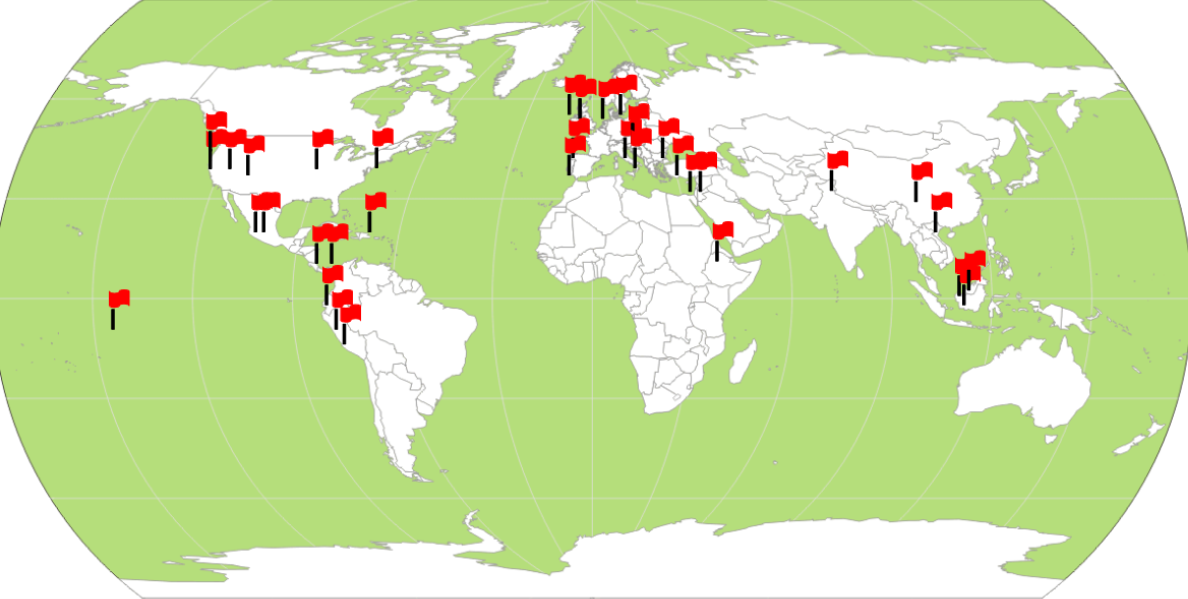The University of North Texas (UNT)’s long-standing and dynamic art history program has recently been designated an autonomous department within the College of Visual Arts and Design (CVAD) and we are looking for an inaugural Chair who will bring a consultative approach to this new identity and structure. The ideal candidate will be a collaborative partner in creating an environment that fosters faculty and student success (application reviews begin 25 January). We are seeking a Chair that will complement existing strengths in global art, architecture, and design history. The successful candidate will bring direction and leadership to the department, which is housed in a Carnegie Tier 1 research university. We are seeking a Chair who will advocate for the role of the department’s productive and committed faculty within the context of a research university and who brings strong interpersonal skills in working to support faculty in a small, vital department that is essential to the overall success of the college.
We are also searching for a full-time, tenure-track position as an Assistant Professor of Art History, with a specialization in pre- c.1500 art. The successful candidate will teach graduate and undergraduate art history courses to majors and non-majors (application reviews begin 27 January). Art History faculty may receive support for their research through a variety of institutional research grants and travel funding. The standard annual teaching load is a 2|2 at the rank of assistant professor.
We also have an active search for a 1 year appointment as a Visiting Assistant Professor of Art History (application reviews begin 24 February).
See full descriptions are attached below.












